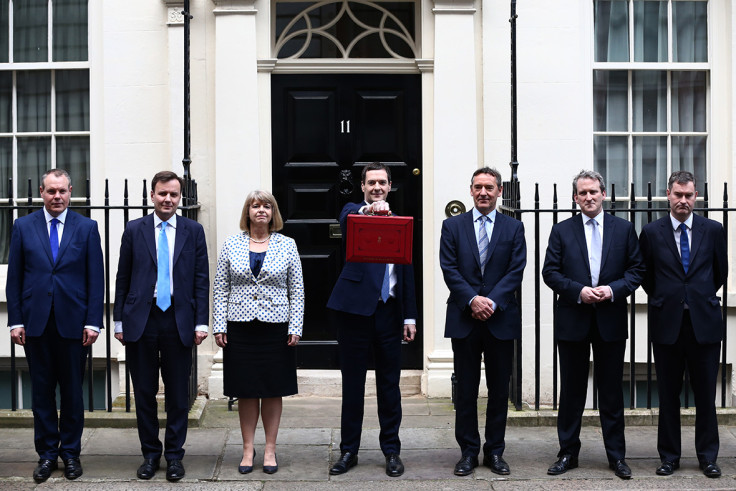Budget 2016: Cutting Corporation Tax to 17% is good news

With the EU referendum less than 100 days away and the outlook for the global economy looking somewhat gloomier than it was when he delivered his Autumn Statement in November, big changes at George Osborne's eighth Budget were never likely, and sure enough they did not materialise. What we got was a typical Osborne budget with tweaks, complexity, sleight of hand and some headline grabbing measures.
The result of all of this was that if you believe the forecasts, despite significantly lower growth and higher borrowing for the next three years, miraculously, the chancellor will manage to achieve a budget surplus in 2019-20.
The government is forecast to borrow £36bn more than was predicted in November over the next three years, but somehow £300m less in 2019-20. This is largely due to a number of tax increases and spending cuts, some of which have clearly been pencilled in especially for 2019-20 to hit the target. The net result of the policy measures is that the exchequer will be £14 billion better off in 2019-20.
By bringing forward some capital spending on the likes of HS3, £1.5bn less will be spent in 2019-20. Another £2bn will come from an update to the "discount rate" used to set public service pension contributions and £3.5bn will be saved as the result of a "departmental efficiency review".
An egregious sleight of hand was his decision to delay the introduction of a new payment schedule for Corporation Tax. The chancellor will forgo £9.9 billion in the two years preceding the 2020 surplus deadline, only to collect £9.6 billion over the following two years. Such "fiscal shifting" serves no purpose beyond burnishing Osborne's political reputation.
As usual, there were some welcome tax cuts. A higher ISA subscription limit and an acceleration in the increases to both the personal allowance and higher rate thresholds were good moves. These are set to increase to £12,500 and £50,000 respectively by the end of the Parliament, but by then there will still be far more people paying the 40p rate of income tax than there were when it was first introduced, thanks to the fiscal drag effect of thresholds not rising in line with incomes.
A further cut in the rate of Corporation Tax to 17% is also good news because as the chancellor rightly said, it is one of the most distorted and unproductive taxes there is. But while this will amount to a £900m tax cut in 2020-21, other reforms, particularly to the tax treatment of debt, will increase Corporation Tax revenues by £1.9 billion in the same year. A sugar tax on the soft drinks industry will raise a further £450 million. One thing the chancellor is incredibly adept at is turning good ideas into bad ones.
He rightly pointed out that our Capital Gains Tax rate is now one of the highest in the developed world, but failed to mention this was because he increased it substantially in 2010. However, by cutting the basic rate to 10% and the higher rate to 20%, but not for carried interest payments or residential property, he has created four separate rates. This additional complexity, introduced to prevent him being accused of cutting taxes for hedge fund managers and second home owners, may save some embarrassing headlines, but is no way to create a coherent tax system.
The same could be said of stamp duty on commercial property. By abolishing the slab structure he has improved the tax, but by hiking the rates on more expensive properties he is repeating the same mistake he made with residential property last year. The higher rates have killed the top-end of the property market, reducing both transactions and revenues.
All in all, while the overall trajectory of government spending continues to be sluggish progress in the right direction, it is now set to be 1.8 per percentage points of GDP higher at the end of the Parliament than was forecast in December 2014. Much more slippage on this front and the Chancellor can forget about his surplus.
Alex Wild is Research Director at the TaxPayers' Alliance
© Copyright IBTimes 2025. All rights reserved.





















